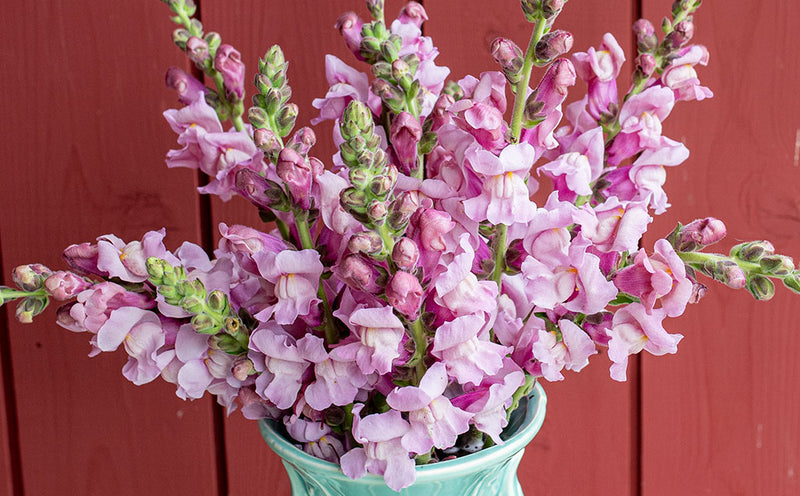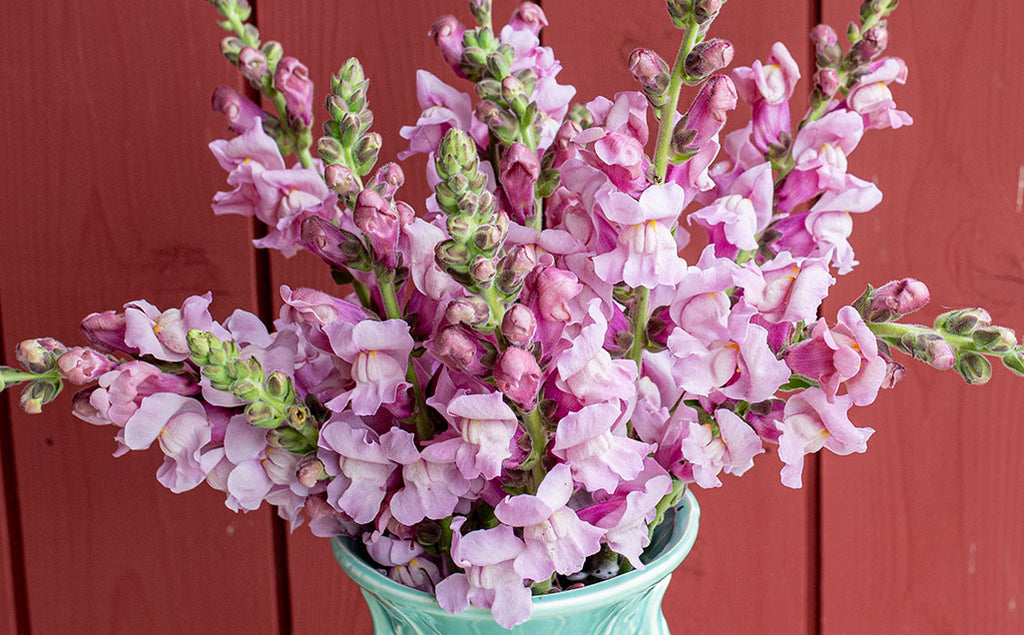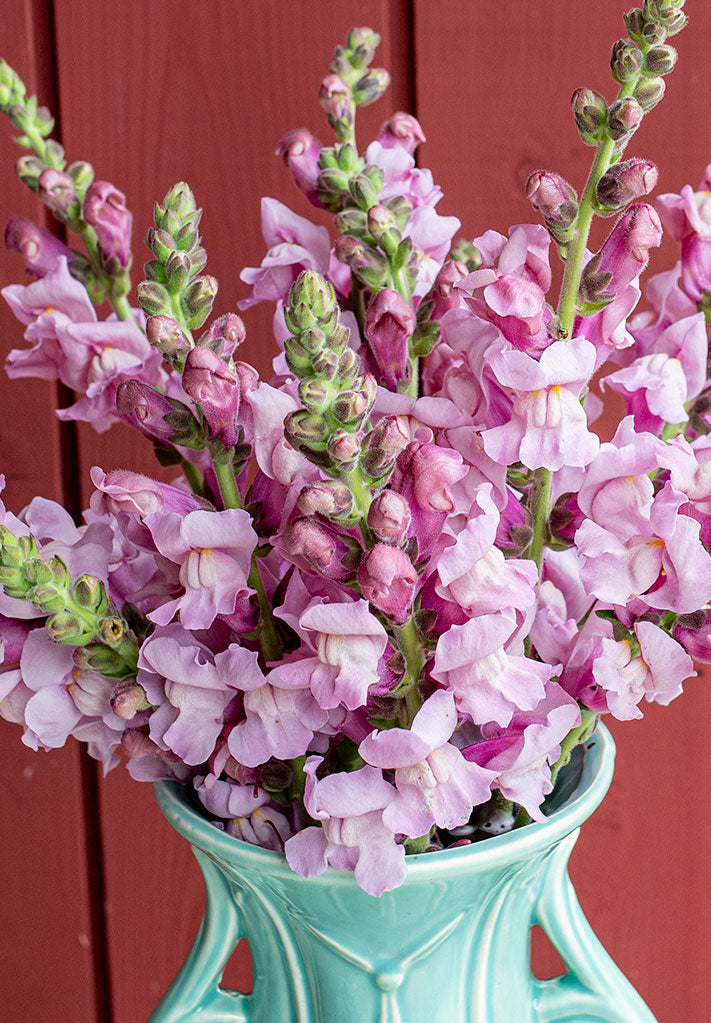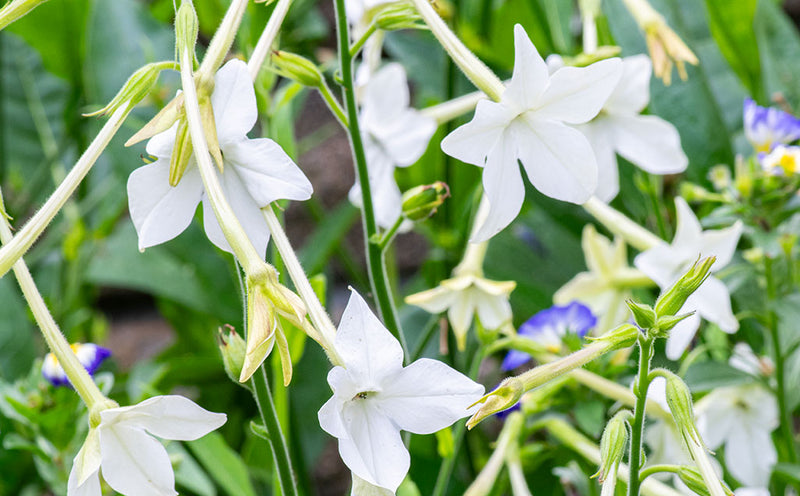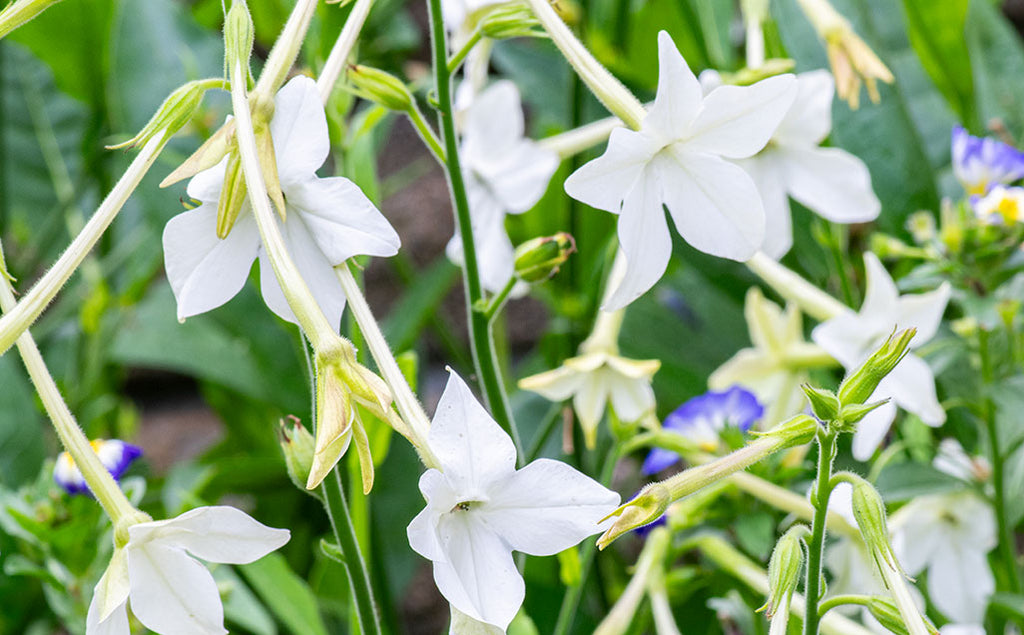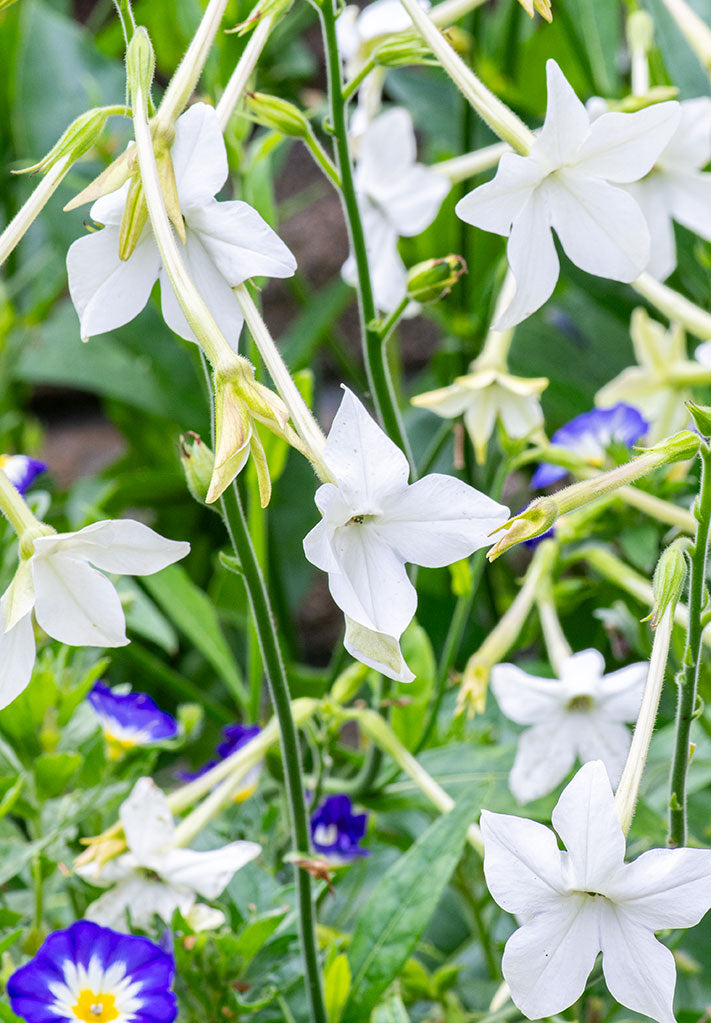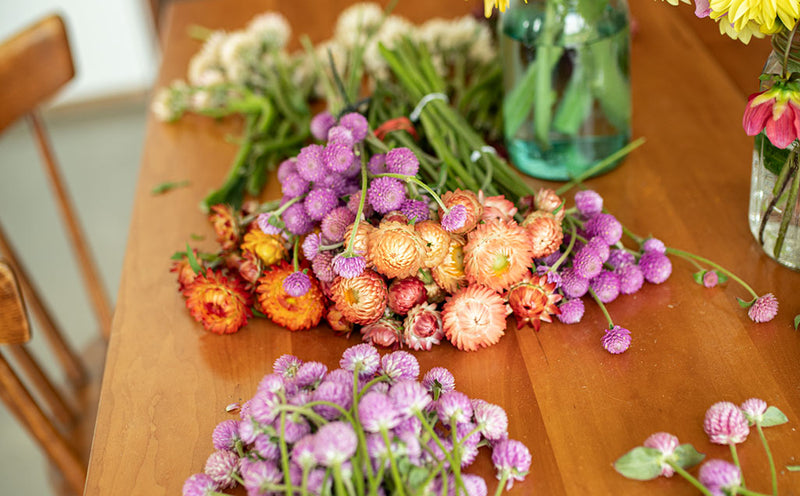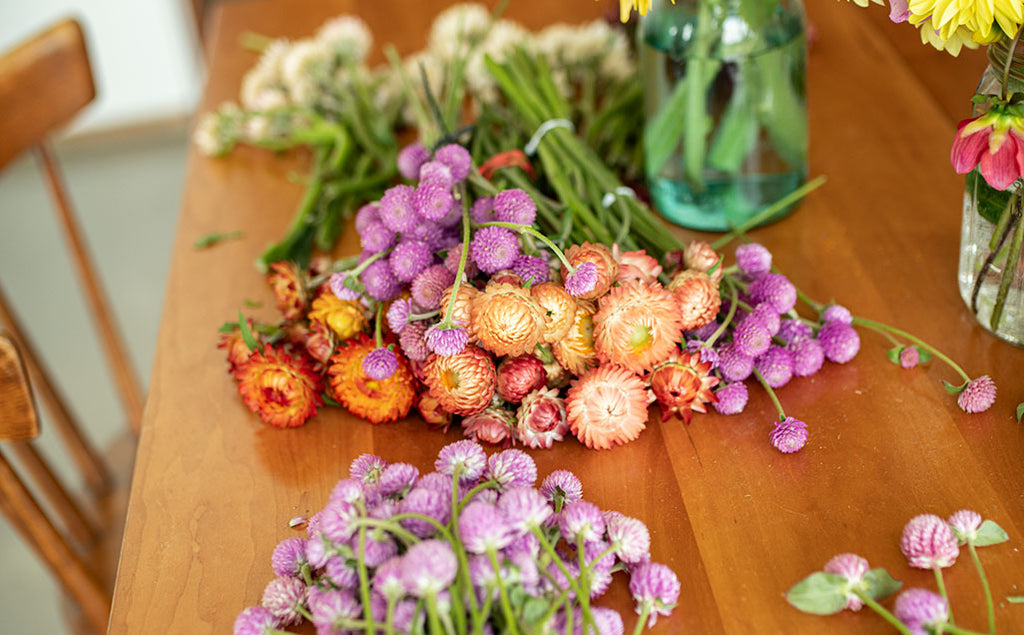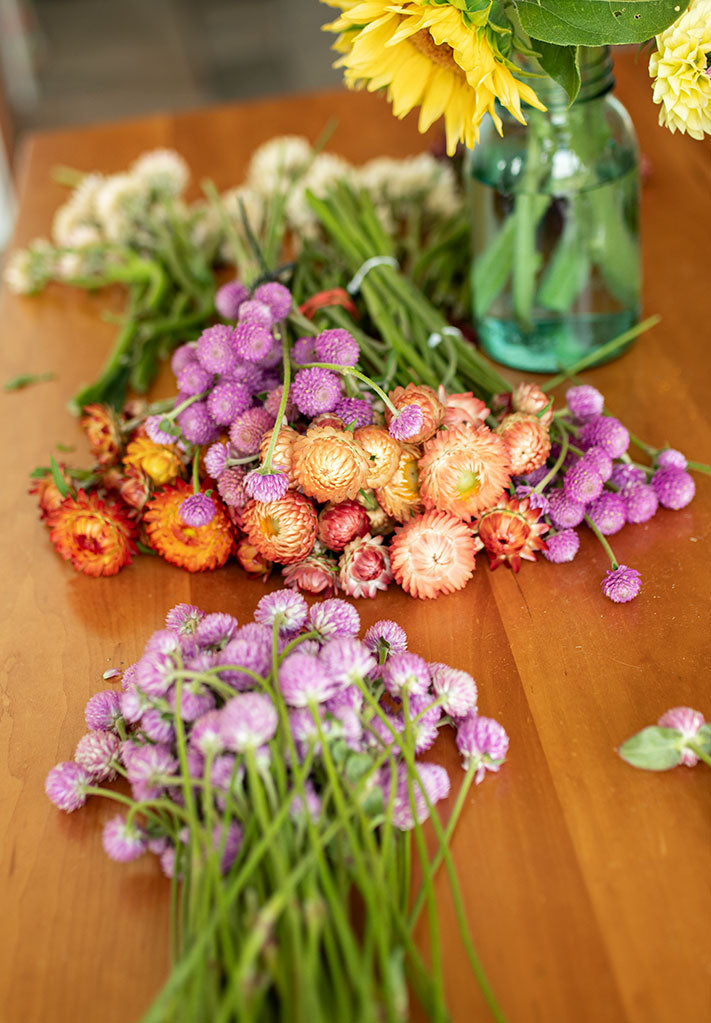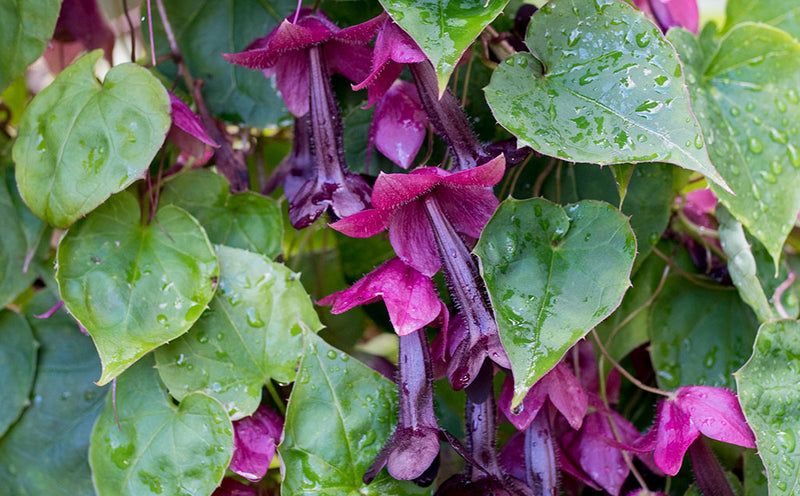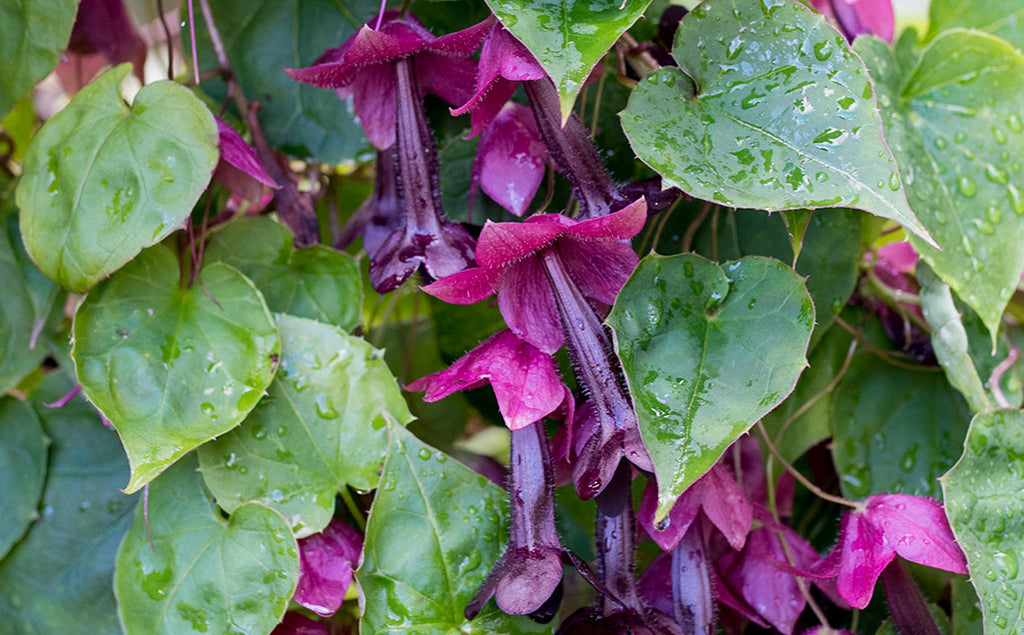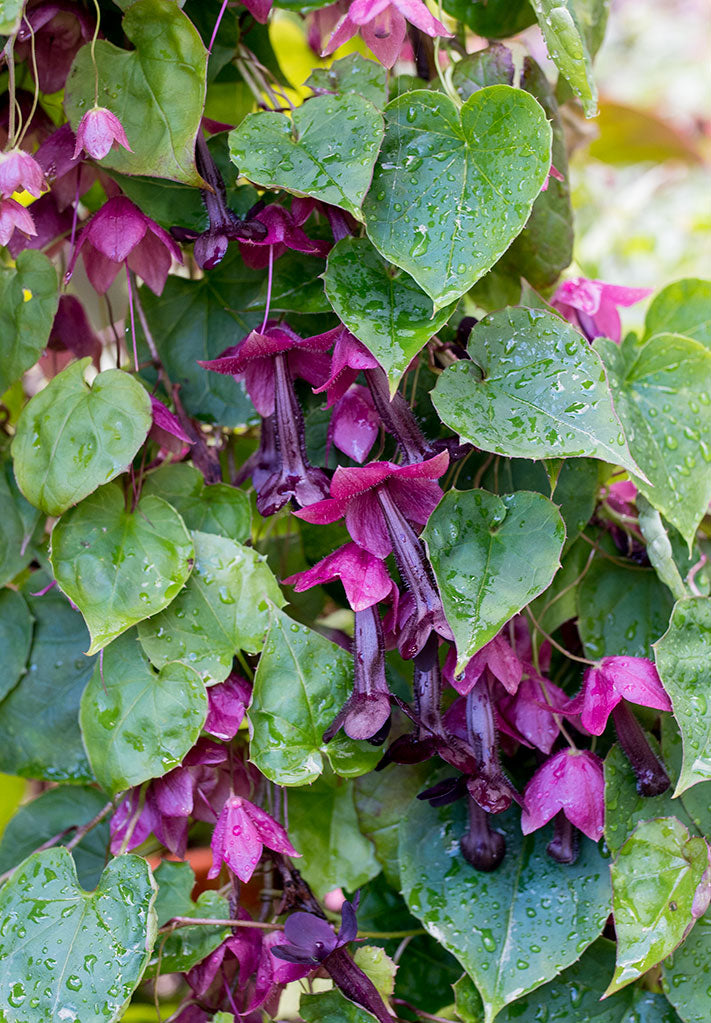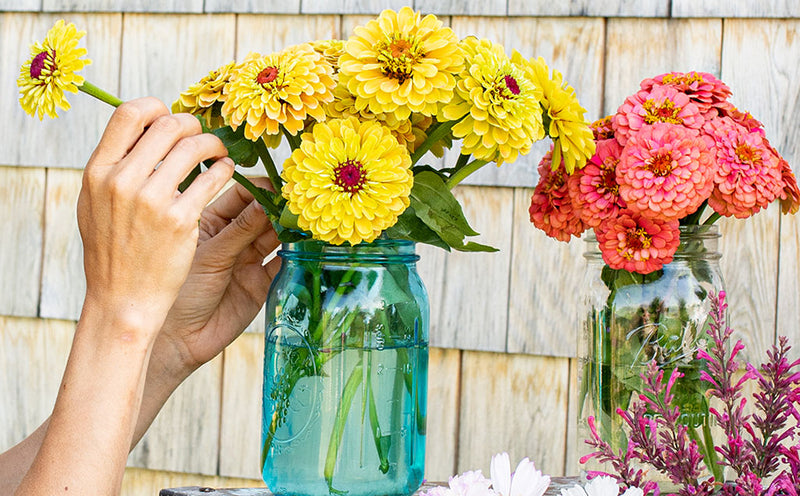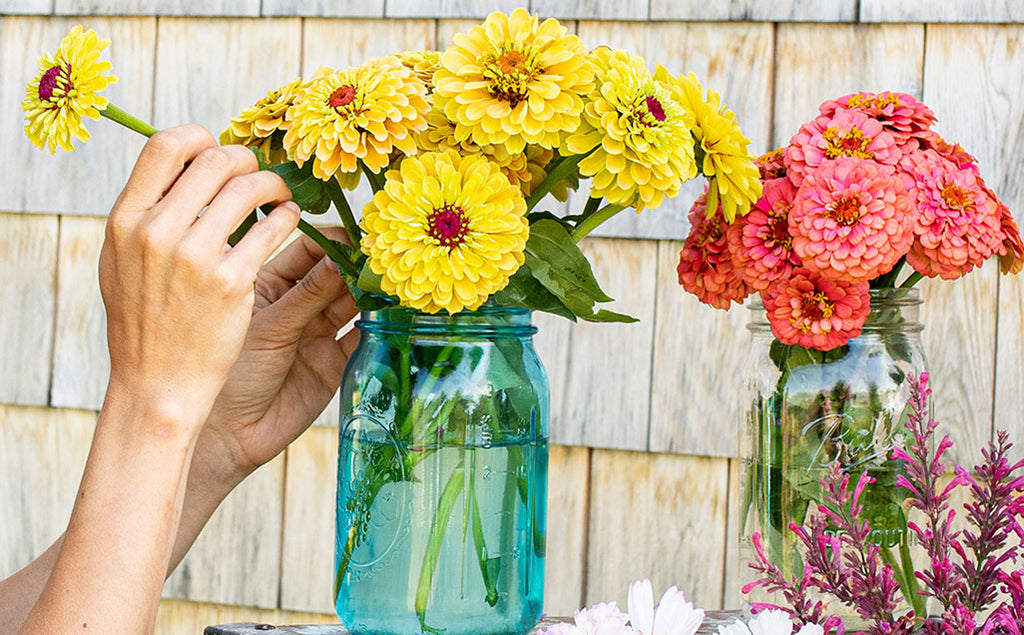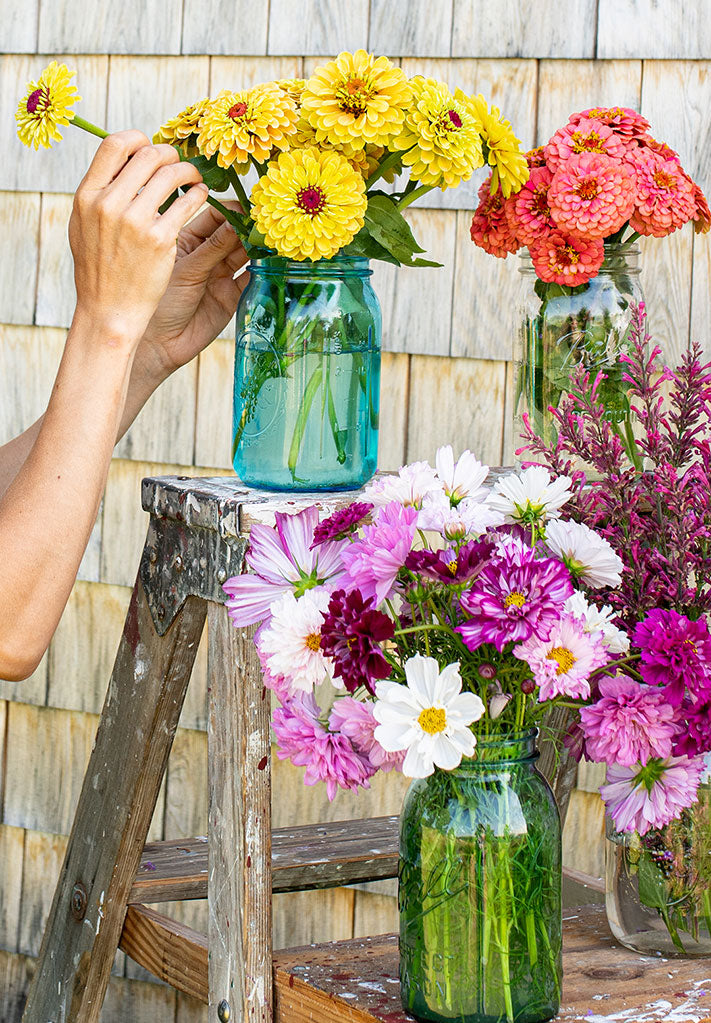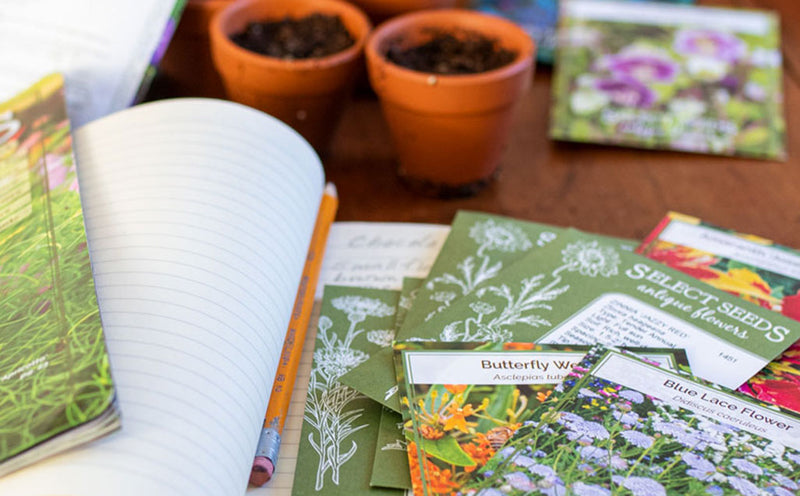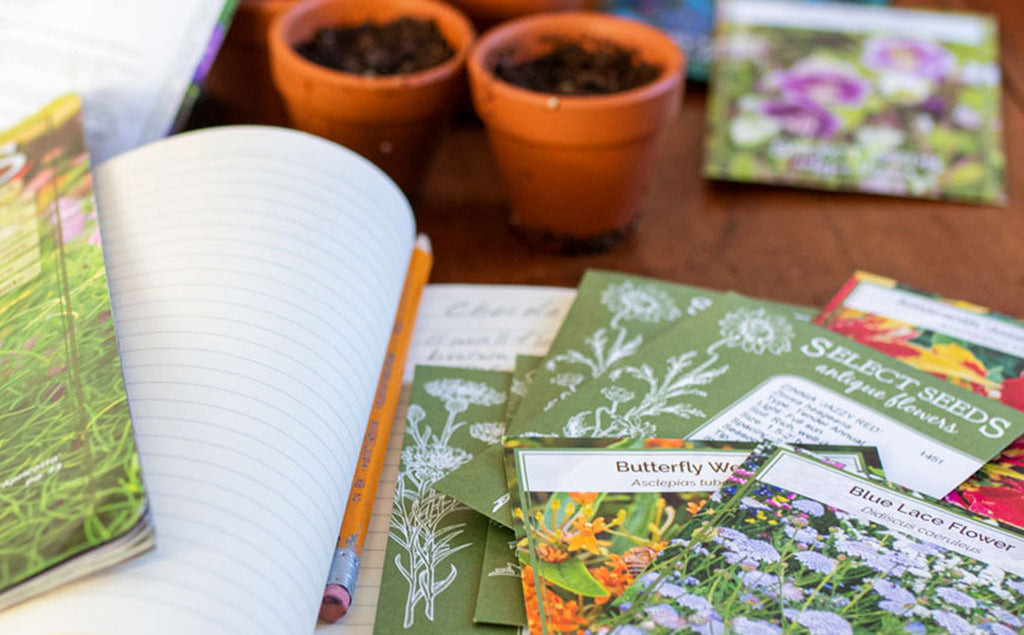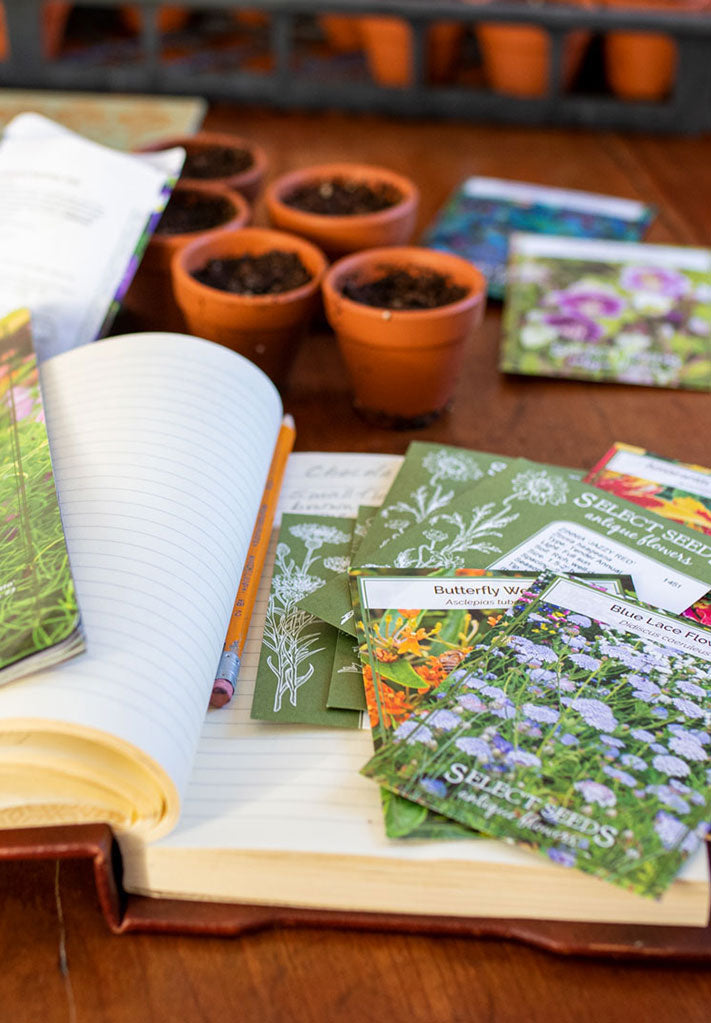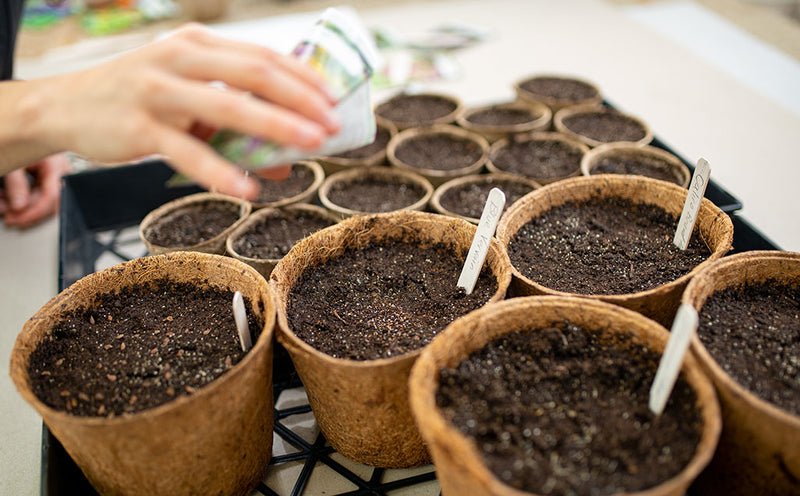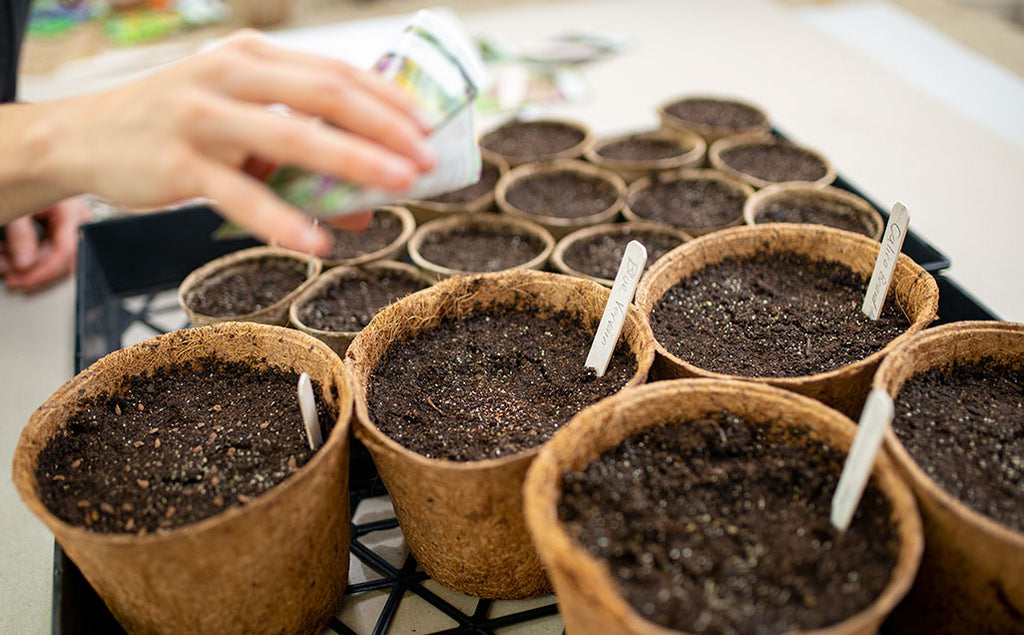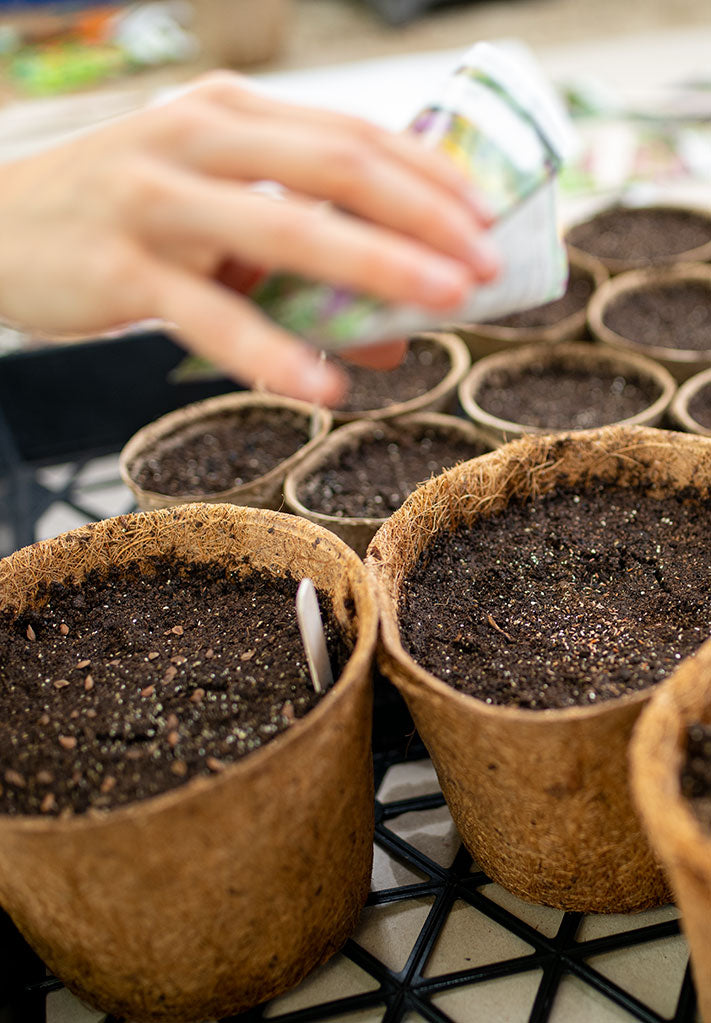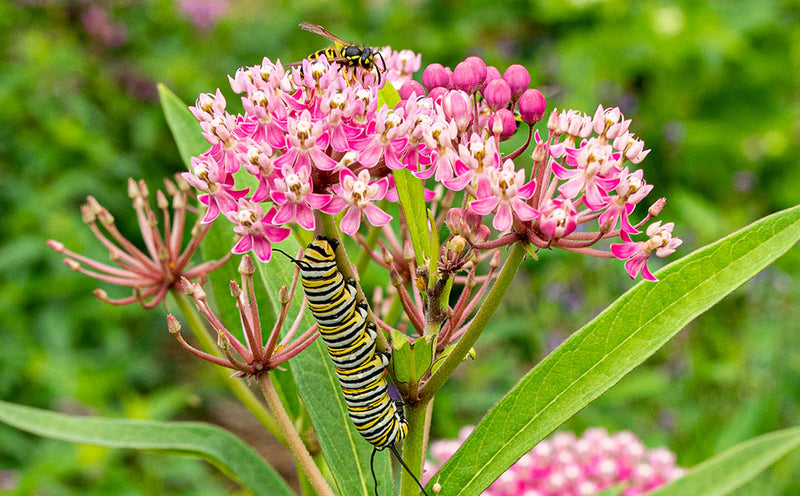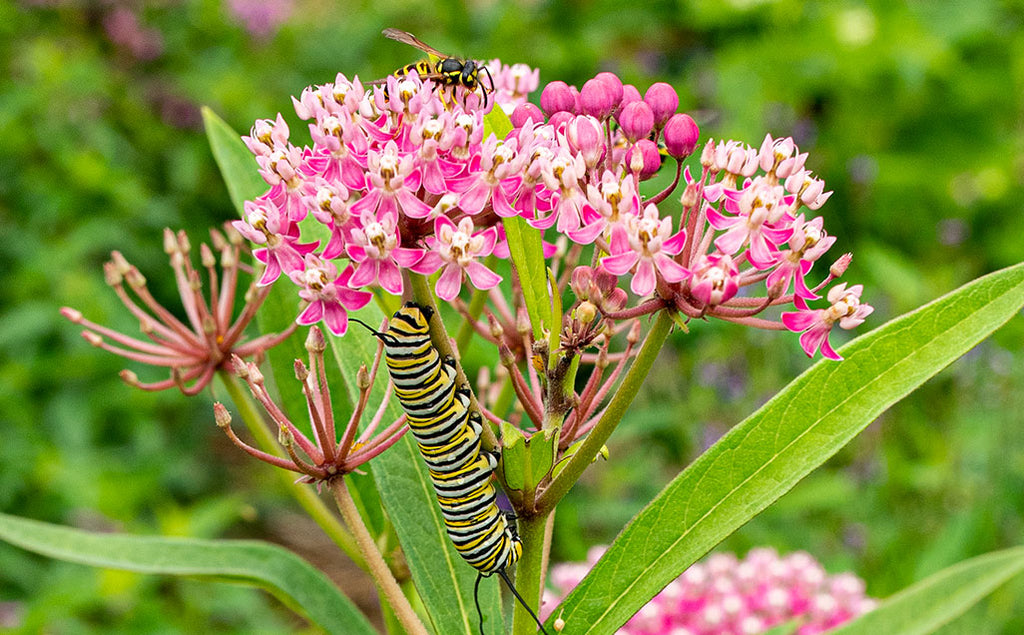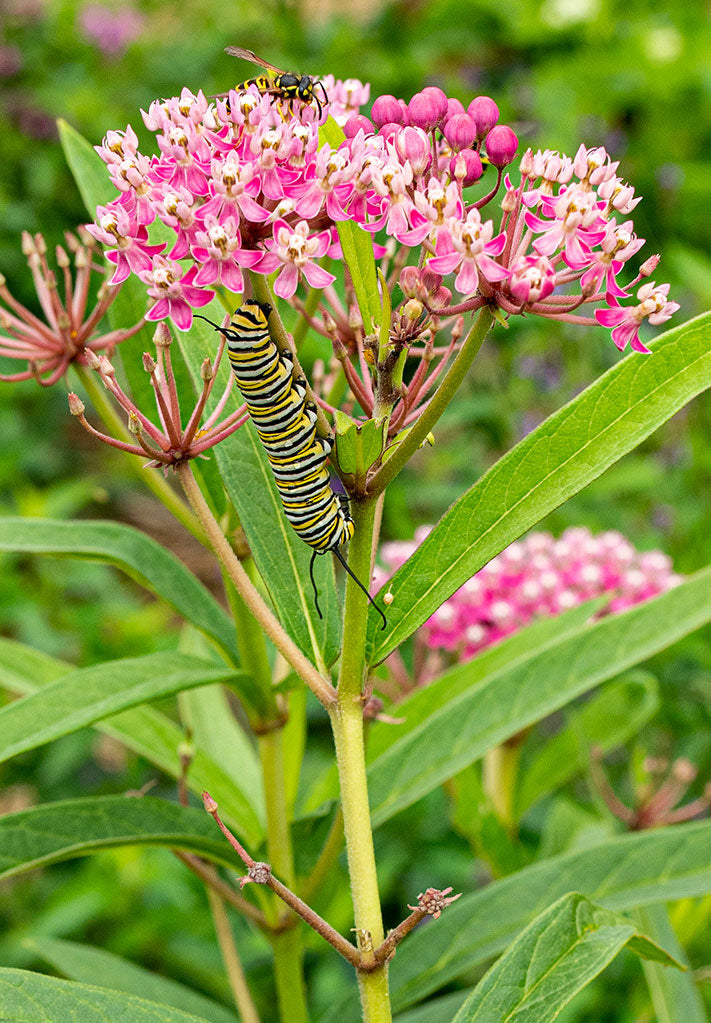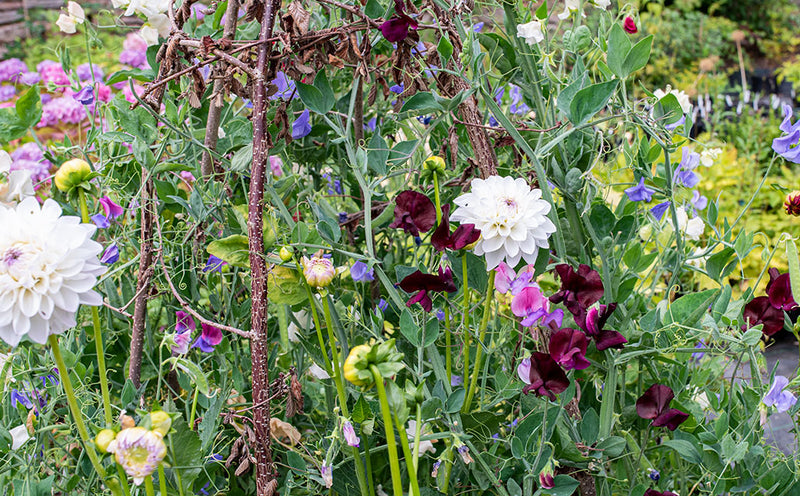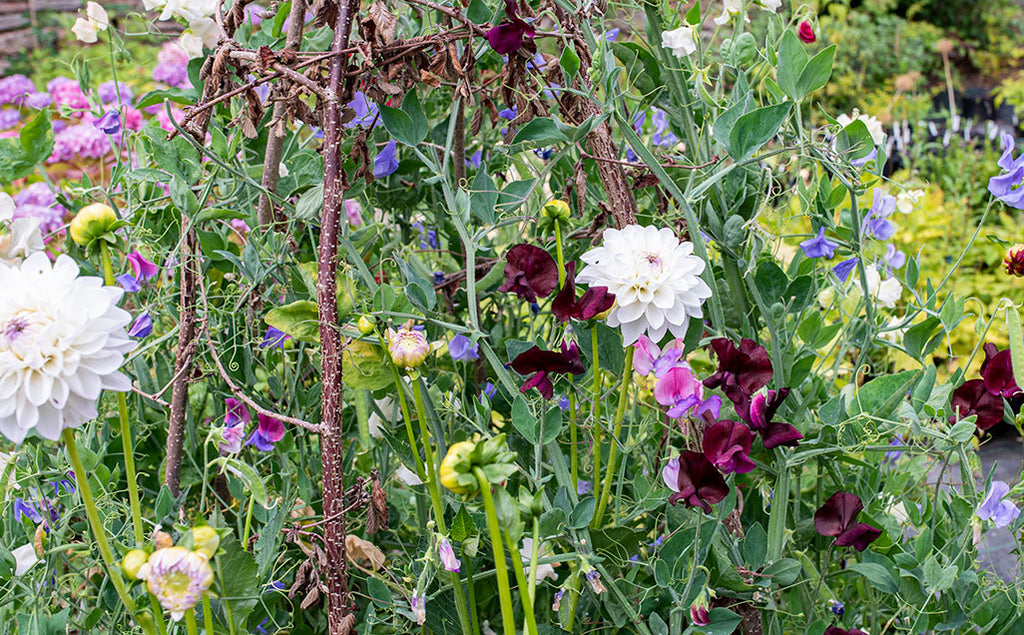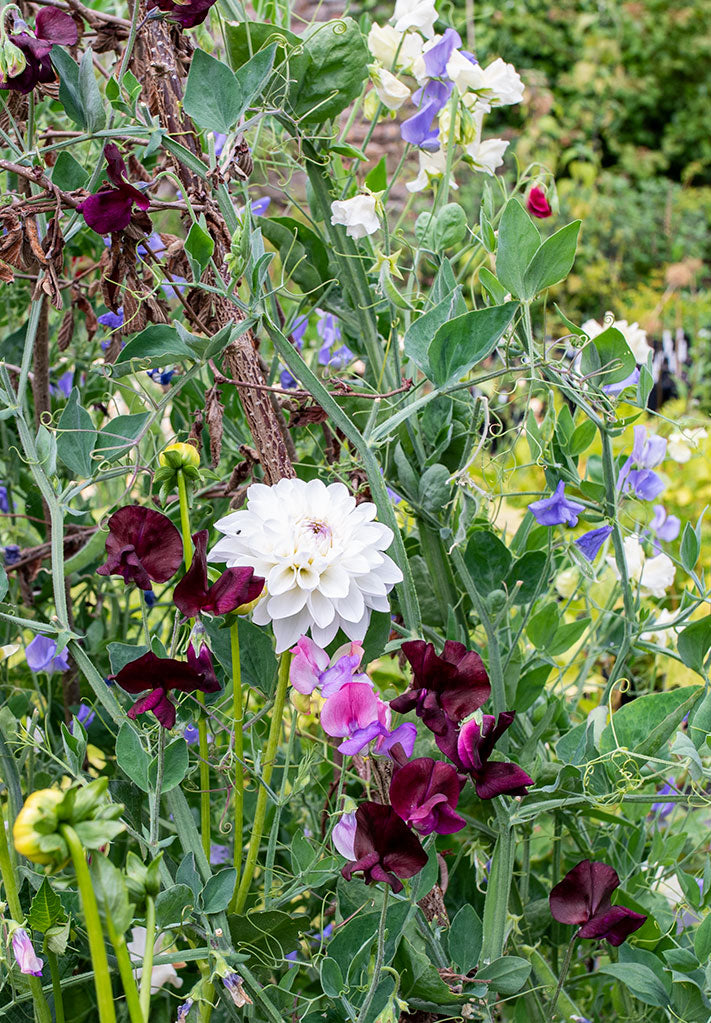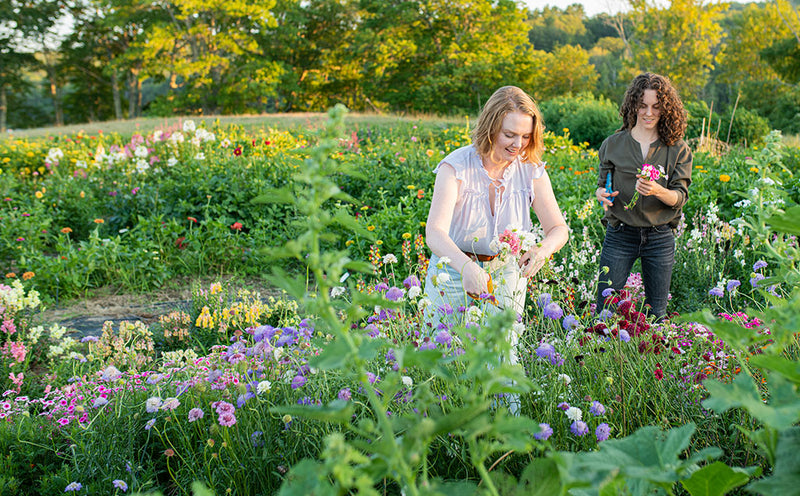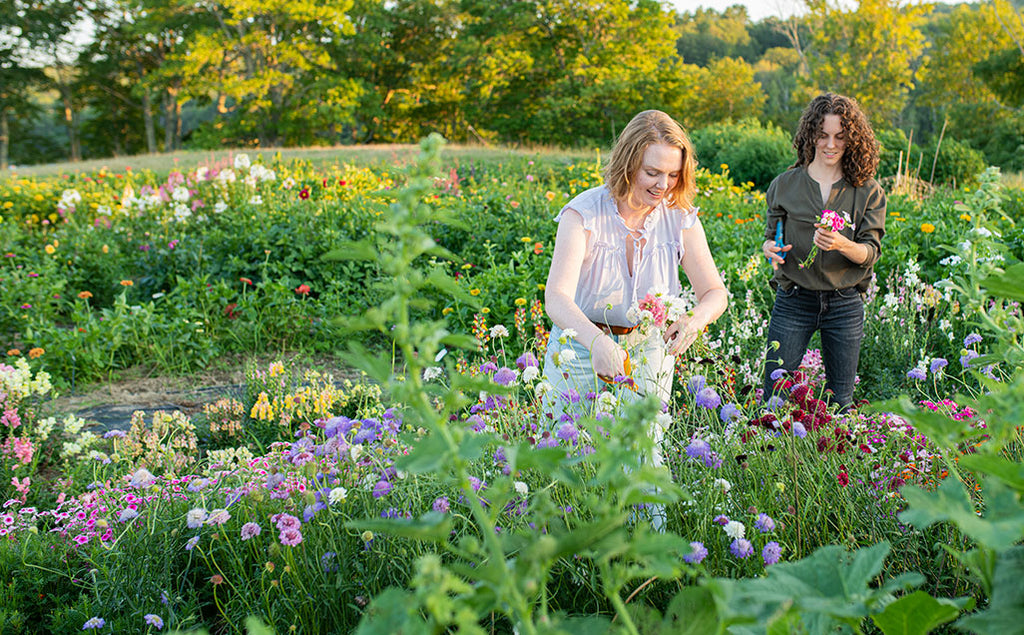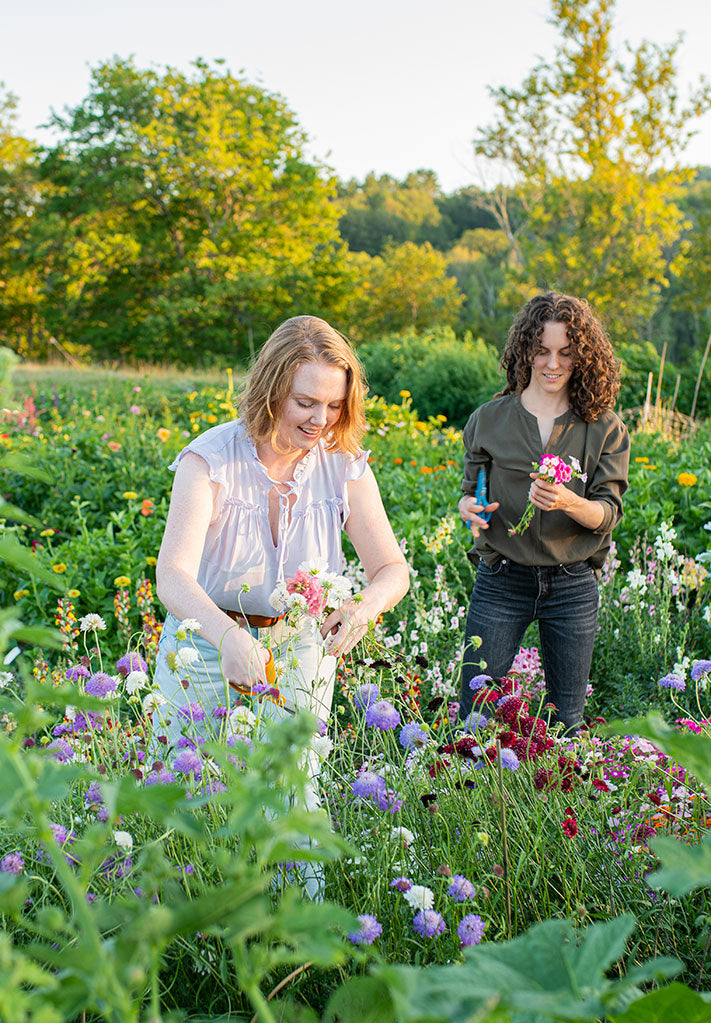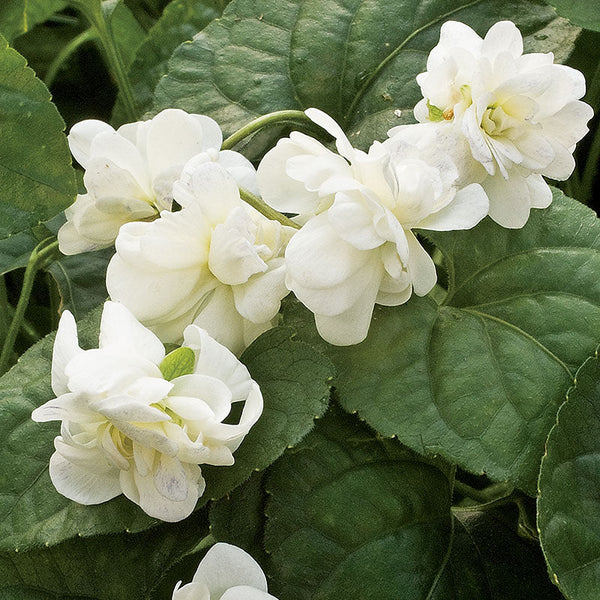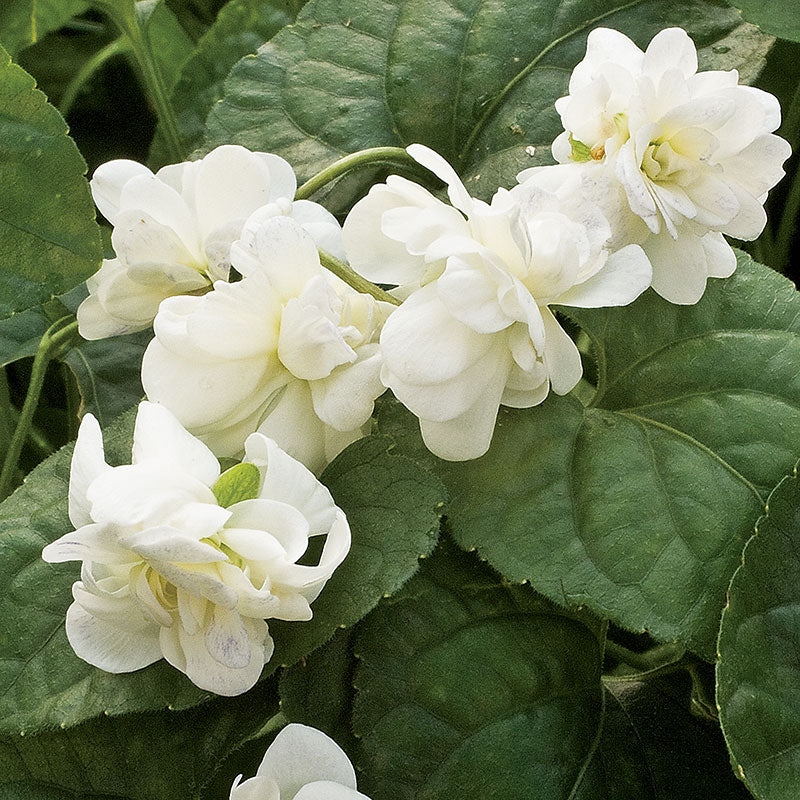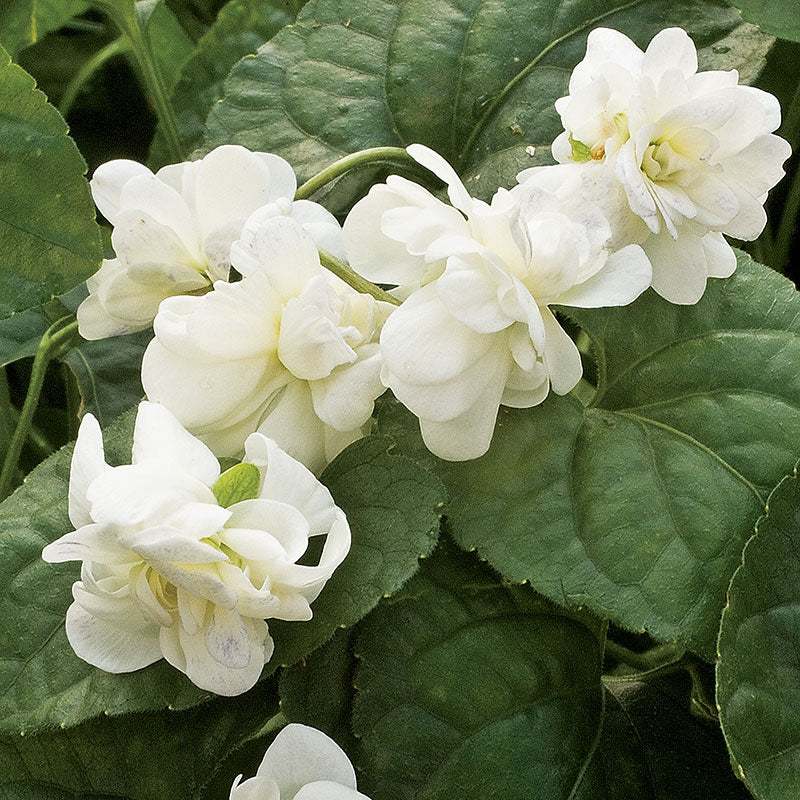WHEN TO SET OUTSIDE
In spring, when light frost is still possible, 3 weeks before the last frost date.
PLACEMENT & CULTIVATION
Romans fermented violets into a sweet wine, their hangovers cured perhaps by the same flower, for violets possess salicylic acid—the component of aspirin. Their sweetness is used in flavored sugars, exotic marshmallows, and the tiny flowers are dipped in egg white and then sugar and dried to create candied garnishes. In 1874 six tons of the double Parma violets were harvested each spring in the south of France to supply perfumery, bouquet, and edible markets. They grow well in cool climates, spreading by runners and seeds that spring forth from capsules. In warmer areas, afternoon shade and mulch can cool things down a bit. Parma violets can be planted in pots and brought indoors in late fall for the winter in zones outside their hardiness area if a night temperature around 50°F can be arranged. A window that receives morning sun is ideal, a pebble-filled tray with added water will provide the humidity they need to stay their happiest.
Watering Details:
Keep fairly moist with about 1" of water per week, more during especially dry spells. Do not overwater.
Fertilizer:
Mix in a couple of inches of compost prior to planting. Feed once per month with an organic, water-soluble seaweed or kelp fertilizer, or mix in a granular type after planting.
Diseases & Pests:
Leaf spots and slugs are possible problems. Treat foliage with an organic fungicide and scatter pelletized iron phosphate at the base of the plants to combat slugs.
When to Cut for Bouquets:
Harvest when flowers are nearly open.
